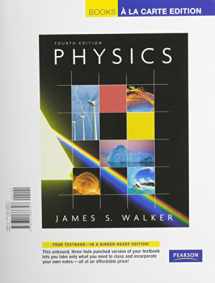
Writing without Formulas (with 2009 MLA Update Card)
Book details
Summary
Description
Writing Without Formulas shows students how to write instead of telling them. A non-traditional rhetoric and reader intended for freshman-level composition courses, this book presents writing as an activity rather than a formula dictated by rules and learned by rote. This approach encourages students to make decisions about writing within a context of audience awareness and critical analysis. The pedagogy featured in the text lends itself to collaborative-based classrooms and demonstrates writing to be a process of discovery. The text contains diverse contemporary readings--both student and professional--that do not rigidly conform to rhetorical modes. A focus in many of the selections on popular culture and contemporary social and political issues helps maintain student interest and offers a refreshing change of pace from more traditional readers. Examples include a portrait of "crack babies" who have grown up to create their own literary magazine (challenging both political and social assumptions about the crack epidemic); educator Mike Rose on the class implications of standardized "intelligence" testing; former New York City police officer-turned-journalist Marcus Laffey on the strategy of drug busts; humorist David Sedaris on his tormented early relationship to music lessons; Joyce Carol Oates on the science of laughter; and Stephen L. Carter on ethics and honesty in American political discourse.


We would LOVE it if you could help us and other readers by reviewing the book
Book review



